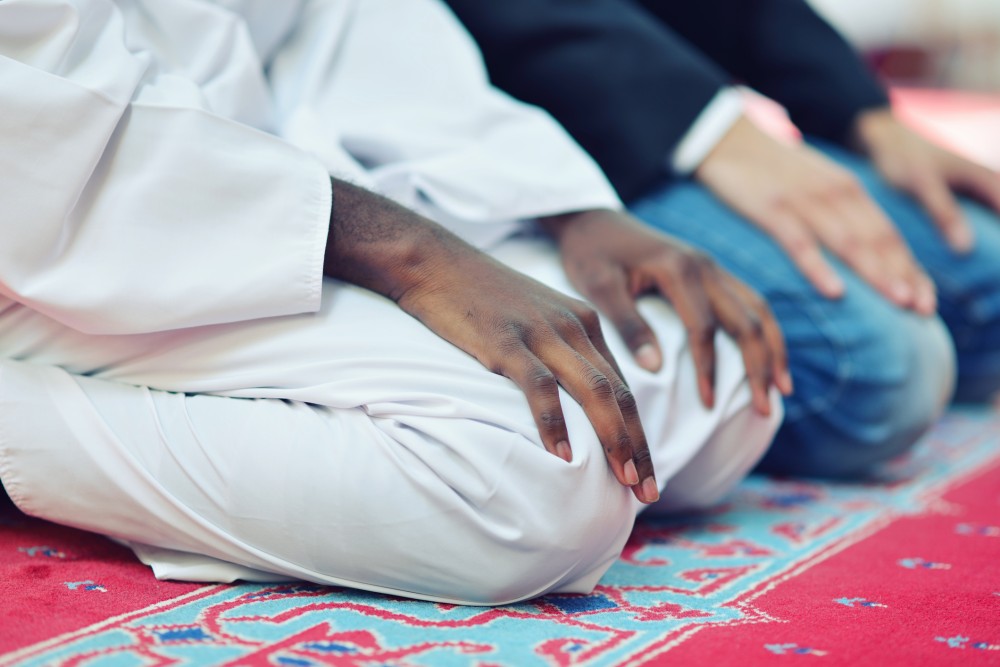My life as an ambivalent American Muslim
How can I help reform Islam? I can’t even make it to prayers.

When our flight landed in Tel Aviv, all the passengers were to deplane onto a waiting bus to be ferried across the tarmac to the terminal. All the passengers but four, that is. Three Palestinians and myself, an honorary Palestinian, were taken for further questioning. In the time we had together, we shared names and traded bios. Like me, they were students—studying in Egypt. Unlike me, they called this place home. Unlike me, they had a harder time getting in. For I was Muslim but also—and this confounded one Israeli soldier after another—American.
Before even reaching passport control, I was interrogated by two women who were very interested in determining if I was callous or dangerous. These were the facts they had to play with: I’d turned 21 a month before. I was single. I’d arrived via Cairo, where I’d already been studying for a month, and after this trip I’d go back for another month. I was studying Arabic. I was of Pakistani descent and roomed, in Cairo, with Haris, an Indian Muslim raised in Saudi Arabia, who was at NYU on a student visa. This most interested them, not just in Tel Aviv, but back in Egypt where the flight originated. Before I had even made it to the ticket counter, two men and a woman pulled me aside for questioning, which began and ended with my naming my friends. Sorry, Bradley, Jeremy, Jacob, and James. I needed white names.
Several hours later I was judged nonthreatening enough to enter. The Lonely Planet guide to Israel hadn’t bothered to include a section for traveling while indigenous or sharing the religion of the indigenous.





